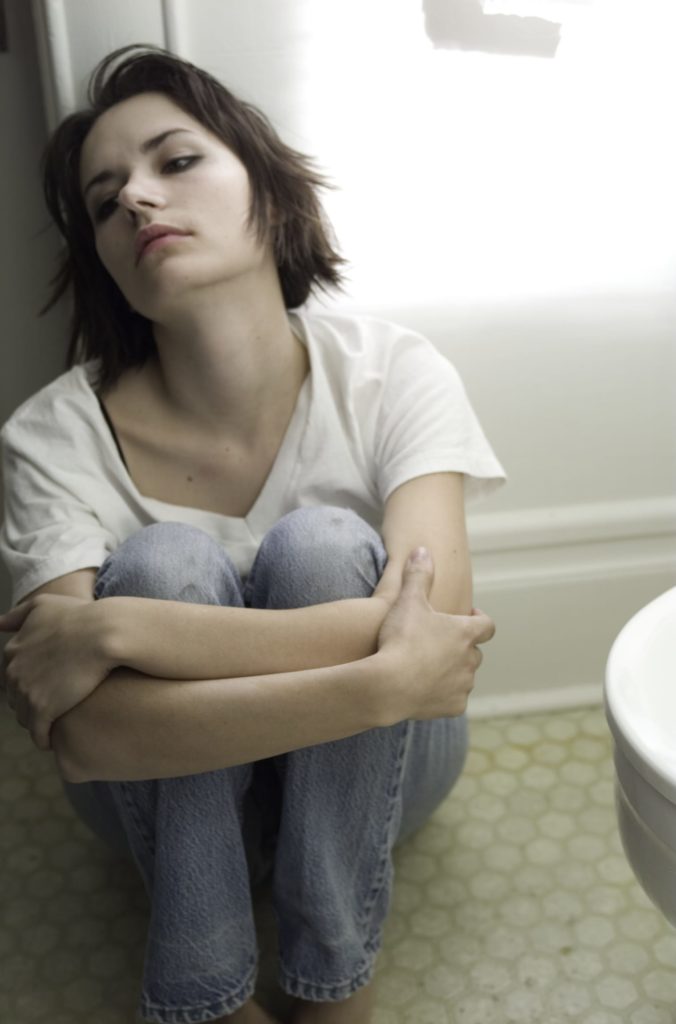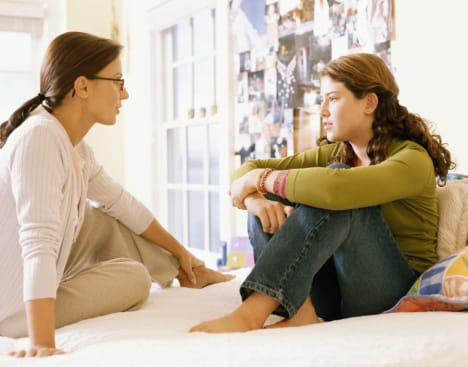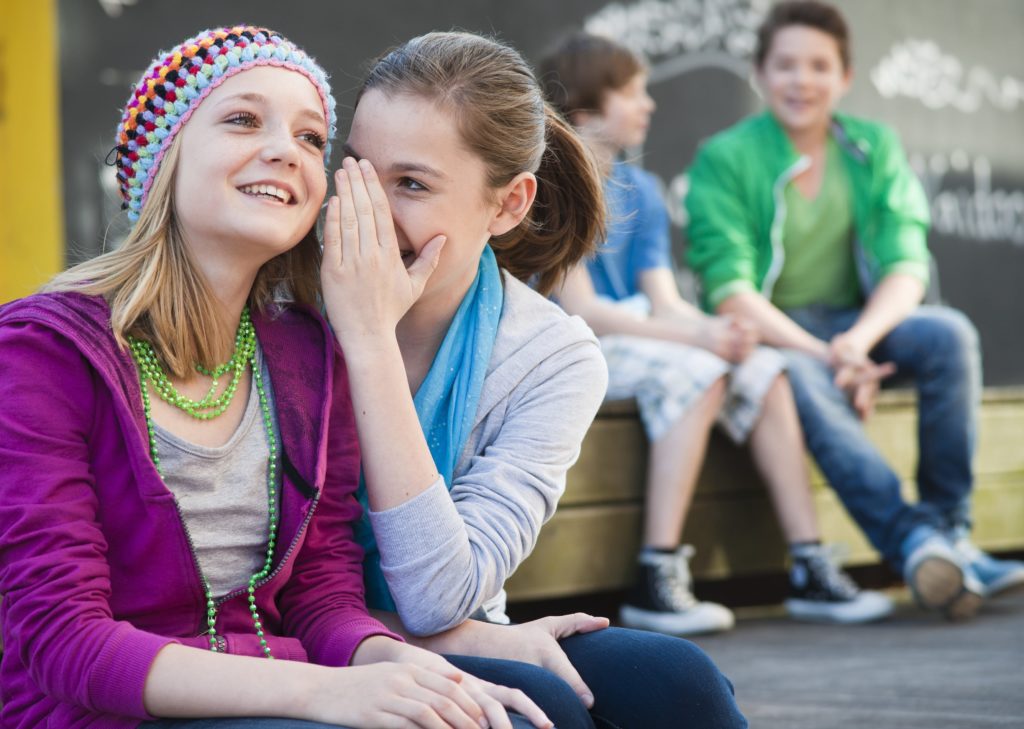“I get by with a little help from my friends,” croon the Beatles on their 1967 album “Sgt. Pepper’s Lonely Hearts Club Band.” And so do teens at risk of substance abuse, a new study reveals. Researchers from the University of North Carolina at Greensboro wanted to see if and how teens’ participation in drug prevention counseling positively affected their friends’ drug use habits. The focus of that inquiry was sixth-graders who attended a seven-week substance abuse prevention program as well as their non-participating friends — all of them from rural communities in Pennsylvania and Iowa. (Rural areas in the U.S. have been some of those hardest-hit by the growing addiction epidemic, thanks to higher rates of addiction compounded by less access to substance abuse treatment.) Three years later, the friends of those same teens (now in ninth grade) were significantly less likely to get drunk or smoke than their peers without friends who participated in the program. In fact, the ninth-graders who didn’t attend the counseling sessions were 40% more likely to get drunk if none of their friends went through the program either; and their chances of smoking more than doubled when compared with those who didn’t attend the program but who had at least three friends who did.
At-Risk Teens and the Influence of Peer Friendships
Dr. Kelly Rulison, PhD, an assistant professor of public health education at UNC Greensboro, was the lead author of the study, which appears in the Journal of Adolescent Health: “Adolescents are often influenced by their friends,” she told Reuters. “Teens whose friends participated in a family-based substance use prevention program benefited from the program even though their own families did not participate.” Before arriving at this conclusion, Dr. Rulison and her team followed 5,449 students who did not take part in a school-offered drug prevention program for their families. When surveyed, the non-participating students answered questions about their drug use, and were asked to name up to two best friends and up to five other close friends. Strikingly, at the start of the study there was no difference between the drug use patterns of non-participating teens with no friends in the program and that of non-participating teens with friends in the program. As time progressed, however, that changed. Eventually, the non-participating teens with more friends in the program were less likely to drink or use tobacco.
Substance Abuse Prevention for Teens and Families
The substance abuse prevention program required that participating parents and their teens undergo two hours of weekly counseling for seven weeks. During this time, parents and their kids met both separately, in a one-hour, weekly session, and together, in a second one-hour, weekly session. In their counseling time together, parents and teens received tips for improving communication and strengthening family unity. In their separate break-out sessions, parents worked on establishing rules and discipline and improving their communication, while their teenagers built their social skills and learned strategies for resisting peer pressure. Some of the same goals and principles underlie effective teen substance abuse treatment, the success of which often depends greatly on the participation of both teens and their parents and families. Better communication skills and coping mechanisms for dealing with peer pressure and other adolescent stressors are as crucial to recovery from a drug or alcohol addiction as they are to preventing one. Family-focused therapy can be a big help here. This study suggests that friends, too, are an important part of the equation — and, that if your teen is not already in a substance abuse prevention program, he or she would do well to befriend someone who is. Sources:
- “Teens may not drink or smoke if friends are counseled not to,” Reuters
- “Heroin Use Soars in Rural Areas,” Partnership for Drug-Free Kids
- “Study: Rural Teens Are More Likely to Misuse Prescription Drugs,” TIME Magazine






